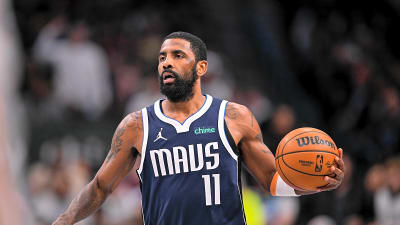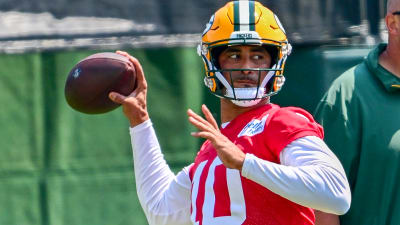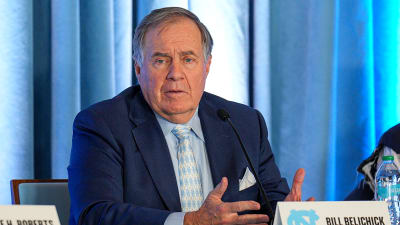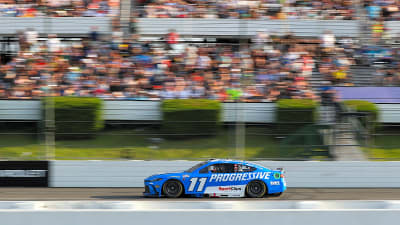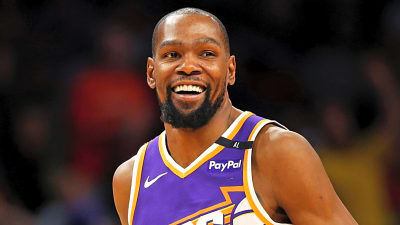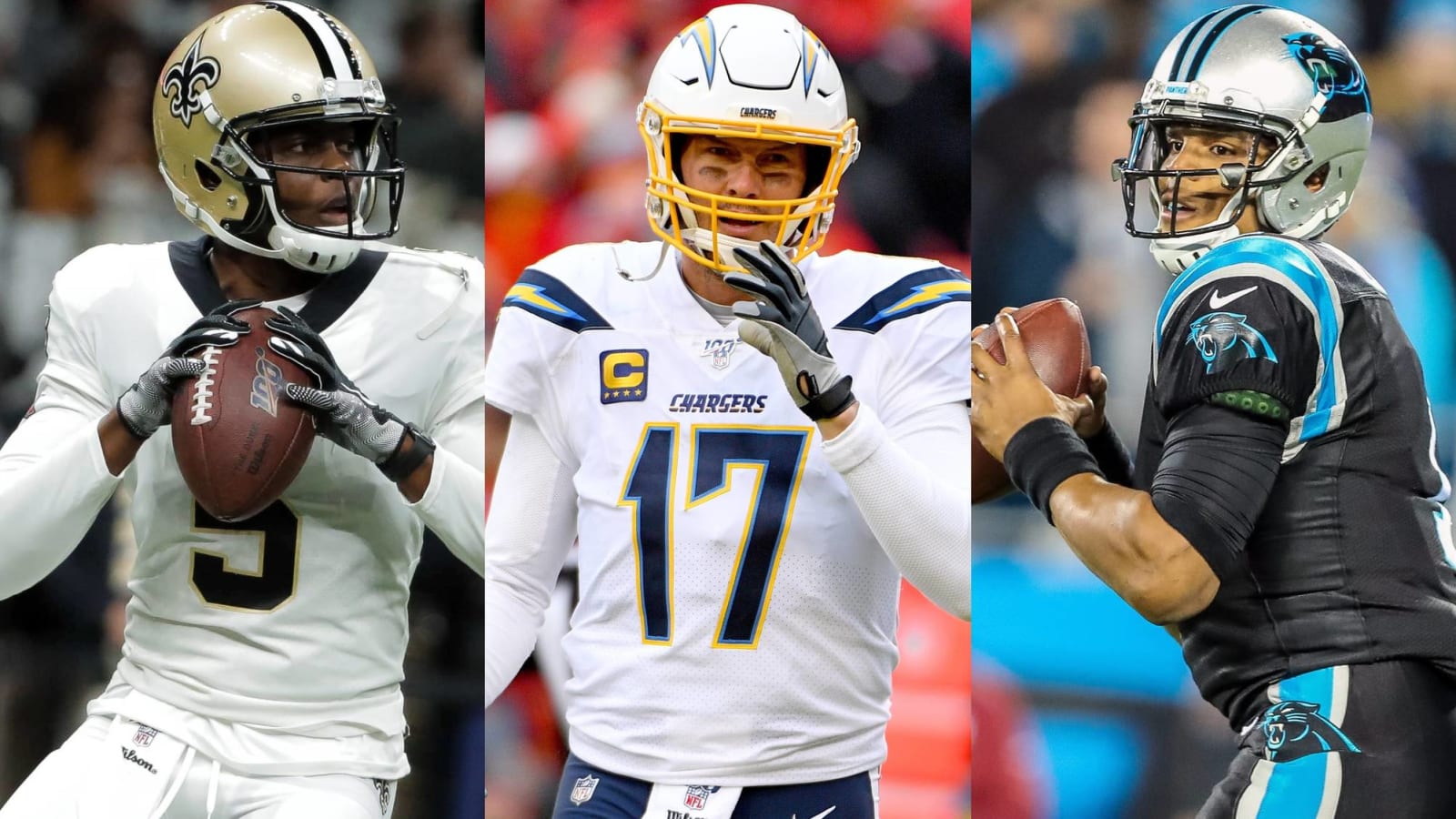
Ideal landing spots for QBs other than Tom Brady
The 2018 offseason produced quarterback movement that led to seven new Week 1 starters. Considering the names that may be available in 2020, the next several weeks could lead to larger-scale changes at sports’ marquee position.
Future Hall of Famers may change teams, and other longtime starters could leave their longtime teams. Couple that with what could be a four-quarterback first round and the prospect of an NBA-style offseason exists.
Tom Brady’s destination will be discussed endlessly until free agency officially opens March 18. The first-ballot Hall of Famer’s decision, much like LeBron James’ free agency in 2018, will overshadow the rest of the marketplace. But there are numerous other quarterback storylines in play.
Here are ideal scenarios for the potentially available quarterbacks and needy teams outside the Brady realm:
Philip Rivers, Indianapolis Colts
Playing behind a woeful offensive line and few fans at home, Rivers had his worst season in seven years in 2019. The Chargers were 5-11, and Rivers' passer rating was 88.5, below the league average. Rivers has relocated from San Diego and indicated he is open to playing elsewhere; 2020 represents the 16-year Charger’s final chance to play relevant football in another city.
The Colts employ ex-Rivers quarterbacks coach Nick Sirianni as offensive coordinator and have one of the top quarterback coaches in place in head coach Frank Reich. Beyond the coaching staff, Rivers fits in Indianapolis because of the Colts’ well-stocked offensive line. The Quenton Nelson-led group rated as Pro Football Focus’ third-best 2019 line and slotted seventh in Football Outsiders’ pass protection hierarchy. Even at 38, the immobile Rivers would be a major upgrade on Jacoby Brissett and reinsert the Colts into AFC contender discussions.
Colts GM Chris Ballard will, again, have immense cap space with which to work. Indianapolis' projected $86 million trails only Miami's. The fourth-year Indianapolis executive has not been aggressive in free agency. Considering the blow Andrew Luck's retirement dealt last year, the Colts should be prepared to deviate and commit some of these funds to a mid-level franchise quarterback deal and address their receiver situation. A wide receiver signing or early draft investment in one of the best receiver classes in years must transpire. T.Y. Hilton is 30 and needs a sidekick.
Rivers would allow the Colts to either table their future quarterback investment until 2021 or set up a one- or two-year apprenticeship for a 2020 draftee. This would not be a Joe Flacco-Broncos unstable-bridge situation. An eight-time Pro Bowler, Rivers resides in another class. He could mentor a young passer who would not be a threat to his job in 2020.
Ryan Tannehill: Tennessee Titans
Tannehill resurrected a lost Titans season and stayed healthy, both quite surprising developments based on the 31-year-old passer's history. Tannehill’s 9.6 yards per attempt tied the eighth-best figure in NFL annals, and the ex-Dolphin showed a strong rapport with burgeoning standout receiver A.J. Brown.
Unless a new collective bargaining agreement is done by Feb. 25, teams can use both their franchise and transition tags. A Titans team that has Tannehill and Derrick Henry as free agents could take advantage, unless either player agrees to an extension. The quarterback franchise tag is expected to be worth $27 million-plus. That would tie up much of Tennessee’s projected $50M in cap space, but Tannehill led the Titans to their first AFC Championship Game in 17 years and seems worth the investment.
The Titans must use 2020 to gauge this emergence’s legitimacy while determining if they need to dive back into the draft waters next year after the Marcus Mariota investment failed.

Cam Newton: Los Angeles Chargers
Although Newton believes he will be a Panther next season, Carolina management’s comments point to a departure being firmly in play. Shoulder and foot injuries dogged Newton for the past 1½ seasons, and he has sported the 30th-best QBR since his 2015 MVP campaign. But Newton displayed improved accuracy in Norv Turner’s offense when healthy in 2018, carrying a 15-to-4 TD-INT ratio into Week 10 (when his shoulder injury occurred). He finished with a career-best (by far) 67.9% completion rate.
Newton is just 30 and, thanks to signing his contract before the late-2010s quarterback market boom, is set to make only $18.6 million next season.
Perhaps just as important, this is a once-electric player still in prime. The all-time quarterback rushing touchdown king could join a team desperate for publicity as it moves into a new stadium in a market that is apathetic about the team. Rivers has certainly enjoyed the better career, but his presence did not move the needle in Los Angeles. If Brady does not want to move the TB12 brand to L.A., the Bolts could do worse than a Newton trade -– if the latter is healthy post-Lisfranc surgery.
It will obviously not cost the Bolts their No. 6 overall pick for Newton; one mid-round pick (or a combination of mid- and late-rounders) may get this done. The Chargers should still strongly consider Justin Herbert at No. 6. Newton would allow the Oregon product to develop while attempting re-establishing his own market for a potential 2021 free-agency deal or a Chargers tag-and-trade transaction. Keenan Allen and Mike Williams would be the best wideout tandem Newton has played with, and the Bolts are surely ready to devote considerable resources to restocking their O-line.

Jameis Winston: Tampa Bay Buccaneers
Bruce Arians signed on to work with Winston, and the deep-passing guru saw an explosive yet problematic performance in the partnership’s debut. Winston becoming the first quarterback to pair 30 touchdown passes with 30 interceptions overshadows the fact his skill set pairs with Arians’ old-school vision. The Bucs should look at outside upgrades, potentially becoming a player for new Florida resident Rivers. But Winston, a free agent, cannot ask for better than working with Arians, Mike Evans and Chris Godwin again.
The final-CBA-year provision that allows for teams to use franchise and transition tags would benefit the Bucs as well. Arians made it clear edge rusher Shaq Barrett is not going anywhere after his team-record 19.5 sacks in 2019. The Bucs using their tags on Winston and Barrett ties up money but buys the franchise time on two unstable commodities. The Bucs are projected to hold nearly $80M in cap space and have more mechanisms to slow-play a Winston process than they would in a normal offseason.
We will operate on the premise that Brady re-signs with the Patriots at a higher rate, leaving one fewer quarterback vacancy. If Yardbarker teammate Chris Mueller’s Brady-to-Las Vegas scenario comes to fruition, the following two passers would be Patriots candidates.
Teddy Bridgewater: Carolina Panthers
A free agent, Bridgewater would be an obvious improvement on Panther incumbents Kyle Allen and Will Grier. And he'd have another opportunity to work with ex-Saints assistant Joe Brady, who last season oversaw the LSU passing game and Joe Burrow’s ascent from mid-round prospect to Heisman phenom and likely No. 1 overall pick.
Bridgewater went 5-0 as a Saints starter during Drew Brees’ injury hiatus, but the ex-Vikings first-rounder only bettered the 2019 Steelers' quarterbacks in average completed air yards (4.6). Brady just turned a quarterback without eye-popping skills and coming off a modest junior season into a 60-touchdown passer.
Bridgewater spending his age-28 season as Matt Rhule’s stopgap toward a 2021 first-round pick could either hijack or accelerate a Panther rebuild. The Louisville alum succeeding with Christian McCaffrey and D.J. Moore could play the Panthers out of the Trevor Lawrence-Justin Fields draft slots. But Bridgewater bombing in his first true starting opportunity since 2015 might keep the Panthers in the running for the Clemson and Ohio State stars. Regardless, the Saints are unlikely to bring back Bridgewater; this would be an avenue to prove himself.
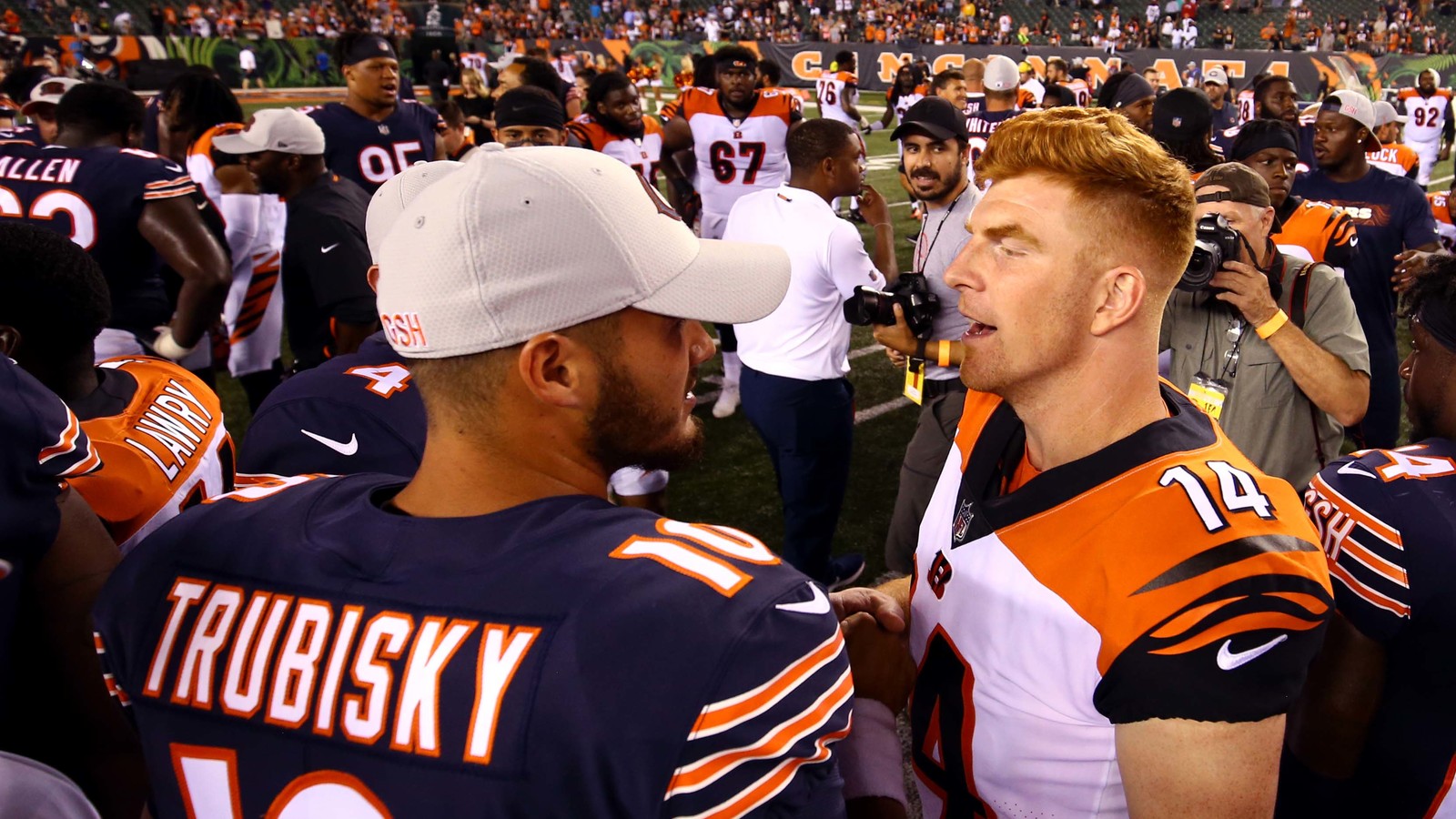
Andy Dalton: Chicago Bears
In a spot similar to the 2019 Titans, the Bears cannot let Mitchell Trubisky go unchallenged in training camp. Although GM Ryan Pace said Trubisky will remain Chicago’s starter next season, that may result in a go-down-with-the-ship outcome for the Bears exec. Dalton would be an upgrade for Matt Nagy’s offense and do better to complement Chicago’s strong defense.
If the Bears can acquire Dalton for a third-round pick and change, they should do it. The trade for defensive end Khalil Mack stripped them of their 2020 first-round pick, making Chicago’s second-round selection more important. Even a second-rounder should be in play, considering the prospect of the Bears wasting another season of their Pro Bowler-laden defense. Adding Mariota competition did wonders for the Titans; the Bears surely took notice.
A three-time Pro Bowler entering his age-32 season, Dalton needs more help than the Bears currently possess, with the team lacking at tight end and at certain offensive line positions. But they must address quarterback above all else.
Dalton has proven competent in the right situation. The Bengals were en route to the AFC’s No. 1 seed in 2015 before Dalton's season-ending injury. Acquiring Dalton’s cheap $17.5 million salary would increase the Bears’ chances of mattering in 2020. Given the ages of Mack (29 next season) and defensive end Akiem Hicks (30), time is running out for the team to capitalize on successful defensive investments.
More must-reads:
- Under new coach Matt Rhule, Panthers will reportedly explore trade options for QB Cam Newton
- Raiders preparing to move on from Derek Carr?
- The '2023 MLB home run leaders' quiz
Customize Your Newsletter
 +
+
Get the latest news and rumors, customized to your favorite sports and teams. Emailed daily. Always free!
